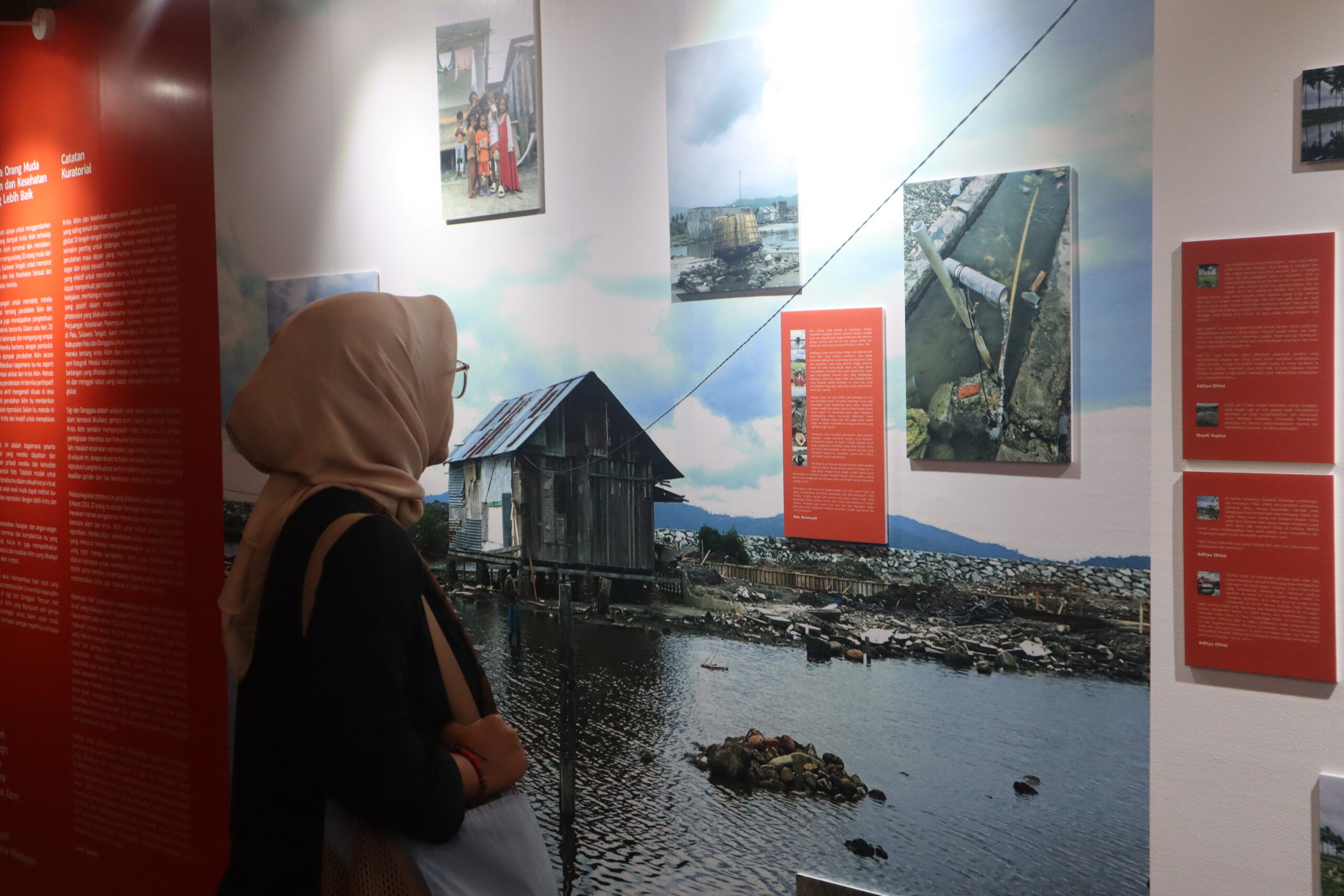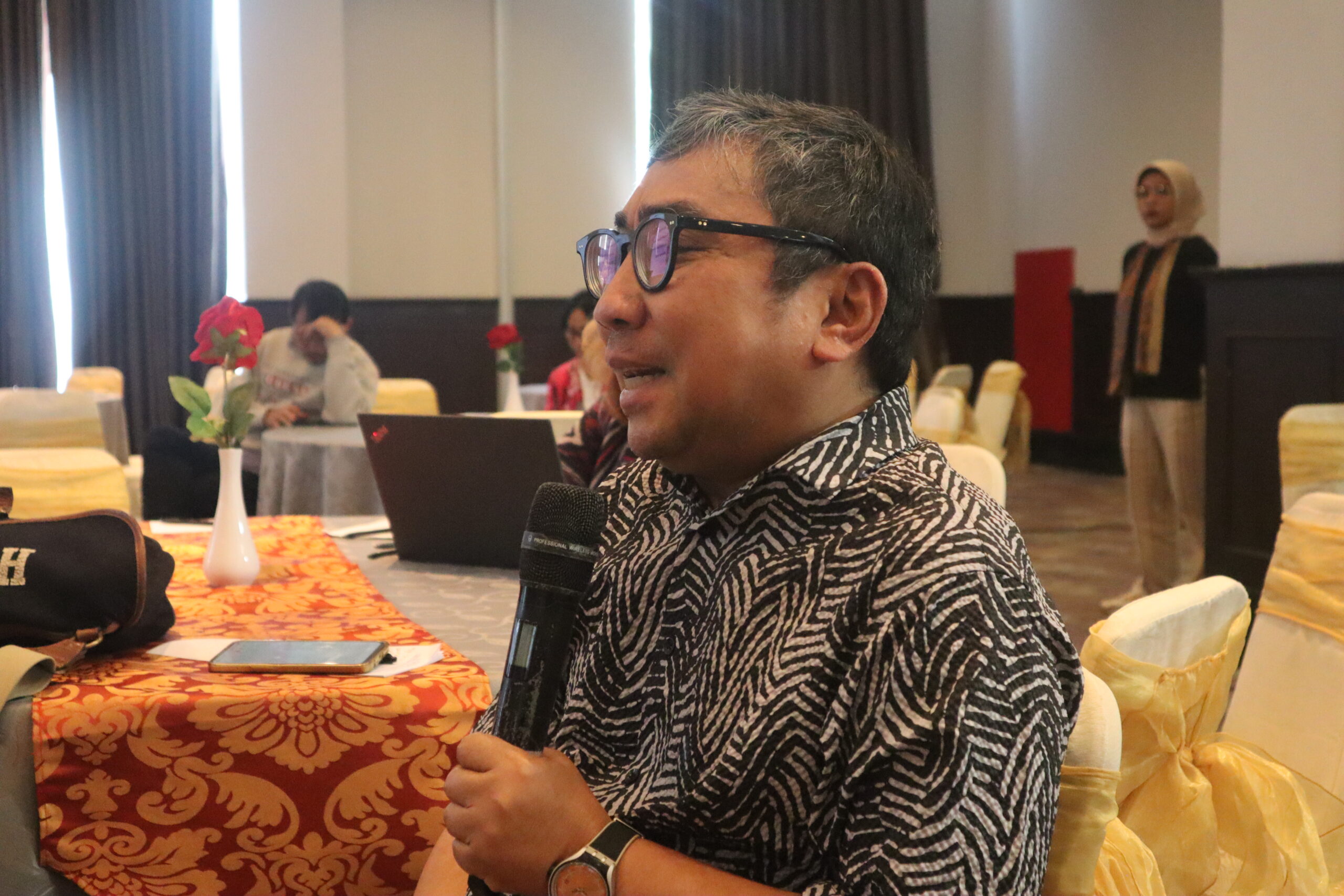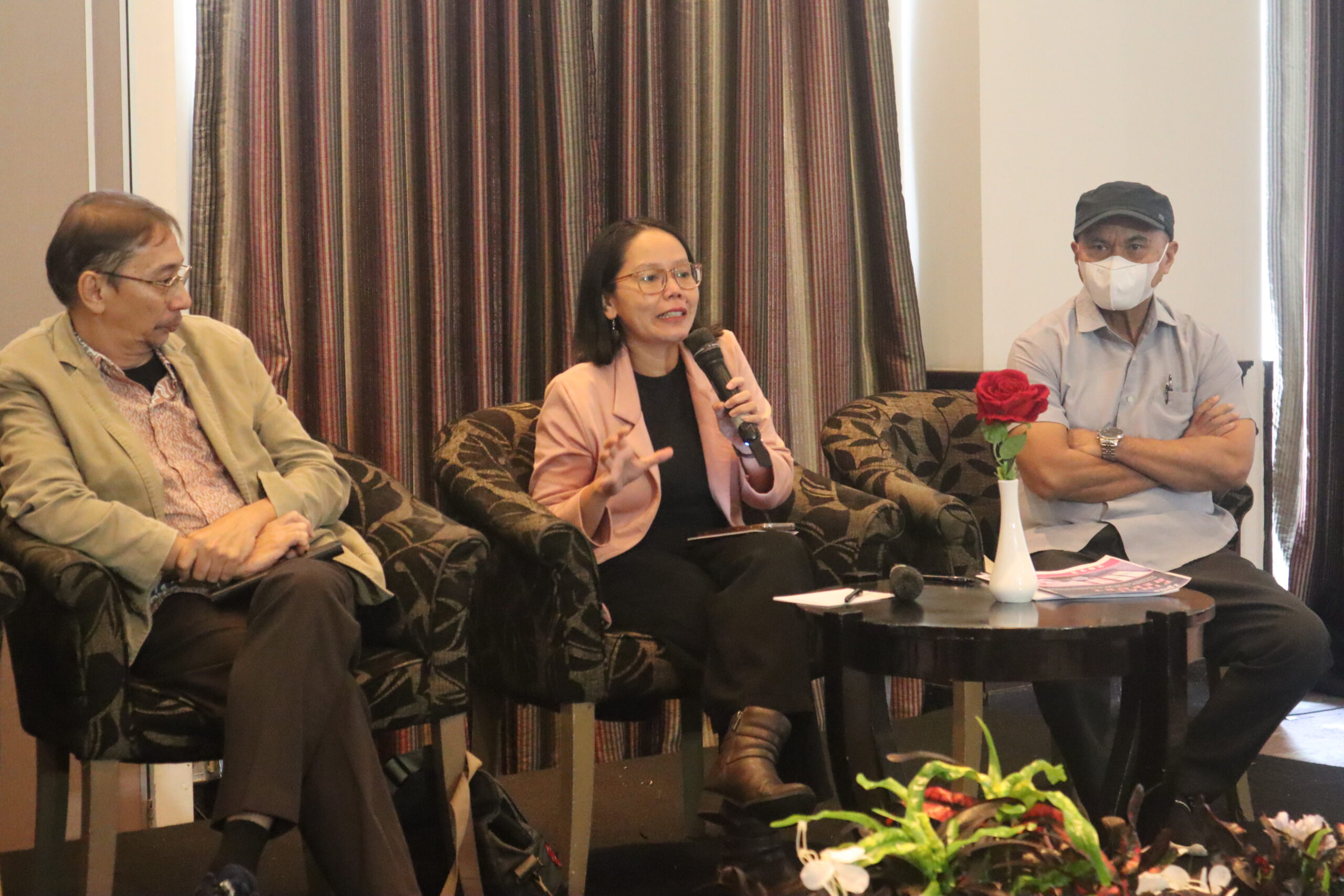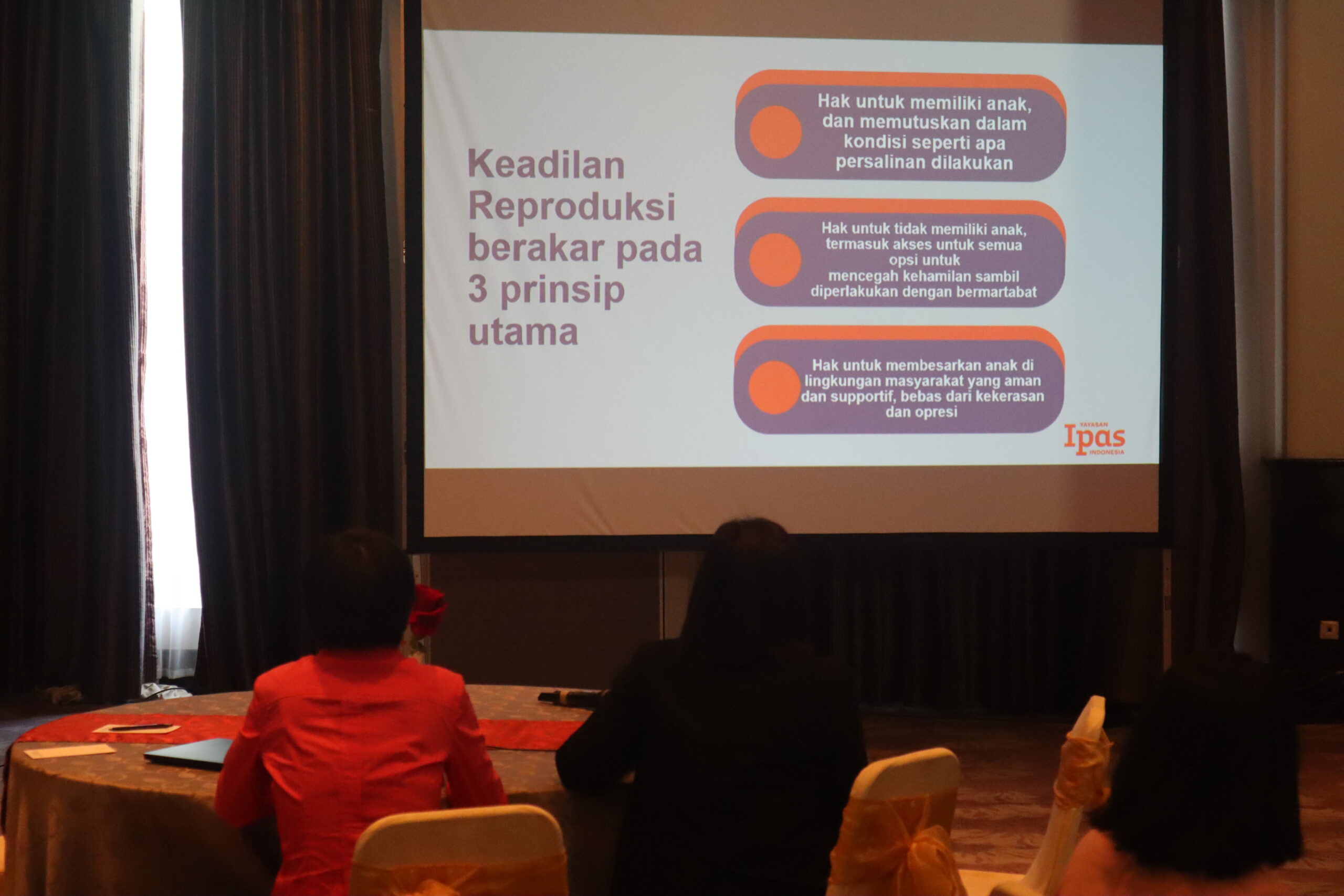Research indicates that the climate crisis has a significant impact on women’s reproductive health. However, the intersectionality between these two issues has not been adequately addressed in health development programs.
In March of 2024, Ipas Indonesia held a research dissemination event involving environmental organizations at the Royal Kuningan Hotel in Jakarta. The objective of this event was to raise awareness and share research findings on the intersection of the climate crisis and reproductive health.
In 2022 through 2023, Ipas Indonesia collaborated with Hasanuddin University in South Sulawesi to investigate the impact of the climate crisis on reproductive health. Those findings, based on a qualitative and participatory approach, show that the water crisis caused by climate change has led to significant disruptions and negative impacts to the reproductive health of women and girls living in affected areas.
The research shows another notable consequence of the climate crisis—the increased risk of pregnancy complications. This includes a high incidence of bleeding, miscarriage, abortion complications, and a lack of available birth assistance.

Furthermore, the climate crisis also contributes to an increase in sexual violence in households and communities. The loss of jobs due to unproductive land as a result of climate change also contributes to this problem, as the patriarchal pressures of men of being the breadwinner causes anger and frustration in homes. However, these critical insights have not yet been fully integrated into climate crisis intervention programs to directly address reproductive health and gender equity.
Ipas Indonesia is proactively collaborating with environmental organizations to raise awareness of the concerning nexus between the climate crisis and its potential to cause a reproductive health crisis, particularly among vulnerable communities that are profoundly impacted by environmental factors and lack access to adequate health services.

“It is unfortunate that the climate crisis, which is essentially a health crisis, has been overlooked in discussions about climate change,” said Sudirman Nasir, S.Ked., MWH., Ph.D., lecturer and senior researcher from Hasanuddin University.
The climate crisis has worsened gender and social injustice
Khalisa Khalid, Public Engagement and Action Manager at Greenpeace Indonesia, shares her thoughts on the research by Ipas and partners, highlighting the deep connection between the climate crisis and women’s issues.
“This research highlights how gender equity is closely linked to the complexity of the climate crisis. It is important for environmental organizations, including Greenpeace, to dig deeper into these impacts at the community level,” Khalisa stressed.

In response to the research findings, Arianto Sangadji, a researcher on Ecological Action and People’s Emancipation, highlighted the exacerbation of disparities between classes in society due to disasters triggered by climate change. He noted that these class differences become more pronounced when disasters strike, particularly as critical agricultural infrastructure is often destroyed.
“I believe the key issue is… the climate crisis must be a priority, and the solution lies in changing our system. The current system, which overexploits natural resources, is the cause of the climate problem. We live in a capitalist system, and this needs to be fixed; otherwise, solving the problem will become increasingly difficult,” he explained.
He emphasized the need for systemic change, given that Indonesia is both a significant emitter of greenhouse gases and a country that is heavily impacted by the climate crisis. He concluded by stating that when we talk about the climate crisis, we mean the accumulation of greenhouse gases in the atmosphere.
Promote reproductive justice
The study conducted by the Ipas Indonesia Foundation and Hasanuddin University demonstrates the interconnectivity between the issues of reproductive justice and the climate crisis. This implies that the achievement of reproductive justice is contingent upon the realization of climate and gender justice. Consequently, the advancement of climate justice, gender justice, and reproductive justice in unison is of paramount importance. This necessitates the forging of robust collaborations, particularly between environmental and health organizations, to fortify community resilience.
Ipas Indonesia will collaborate with organizations advocating for gender justice, environmental organizations, and local institutions to implement innovative pilot projects on climate and reproductive justice in 44 villages in Central Sulawesi over the next three years. Our objective is to empower women, enabling to thrive in the face of the challenges of climate change.



